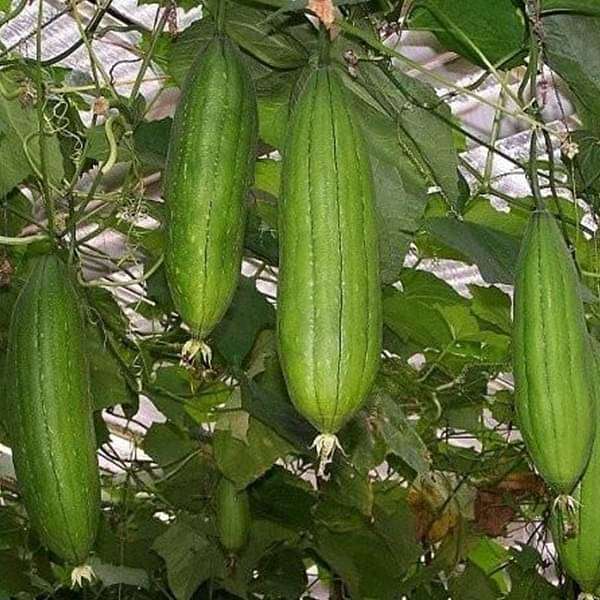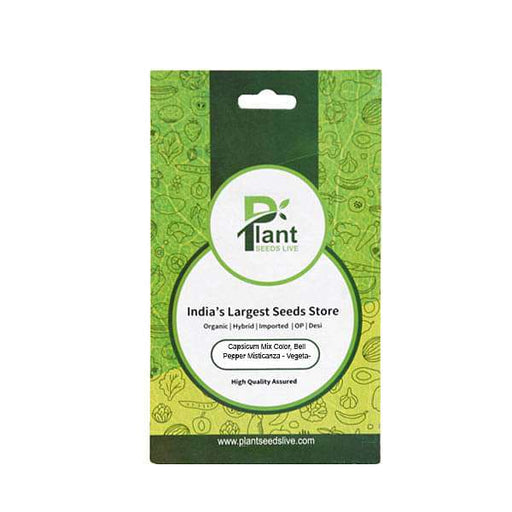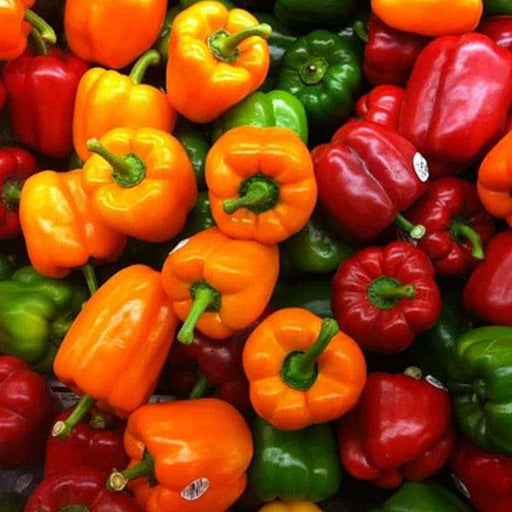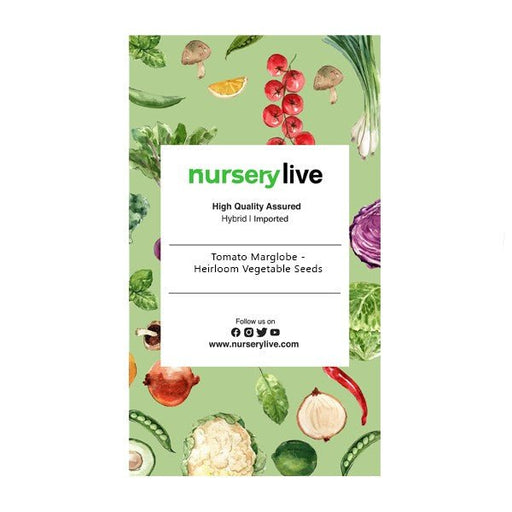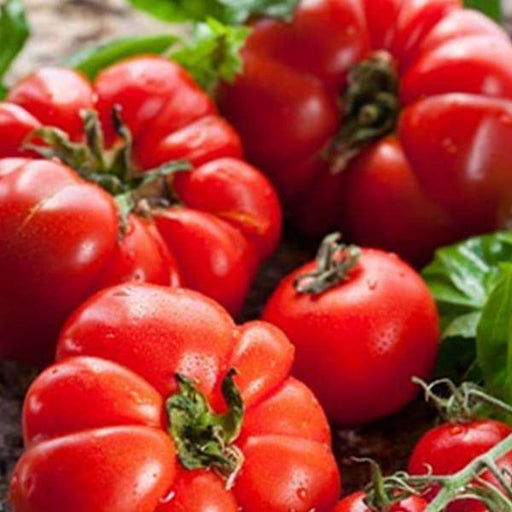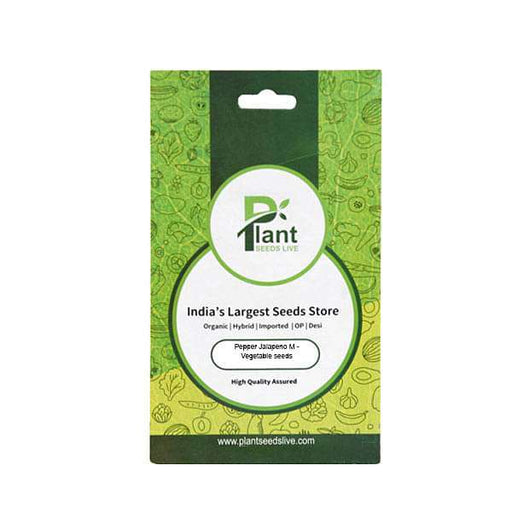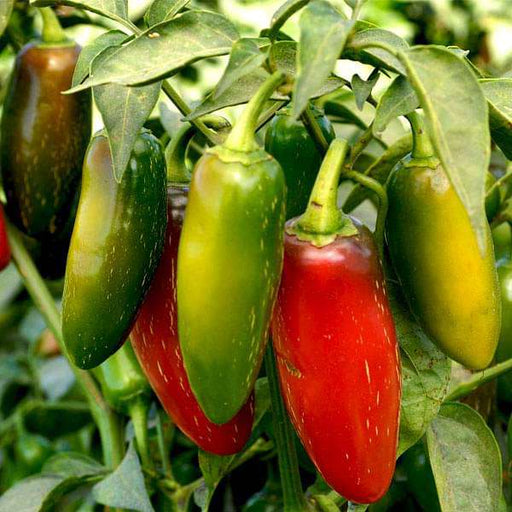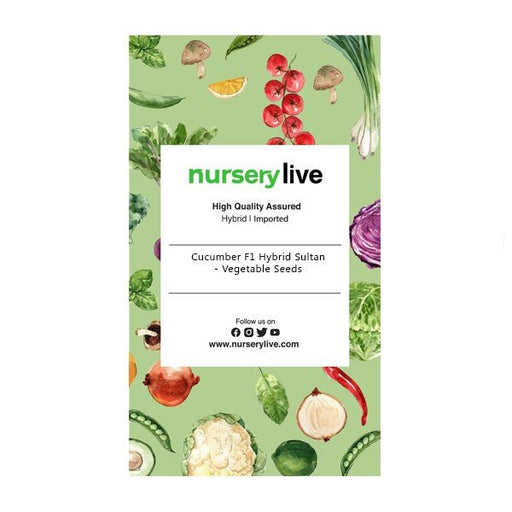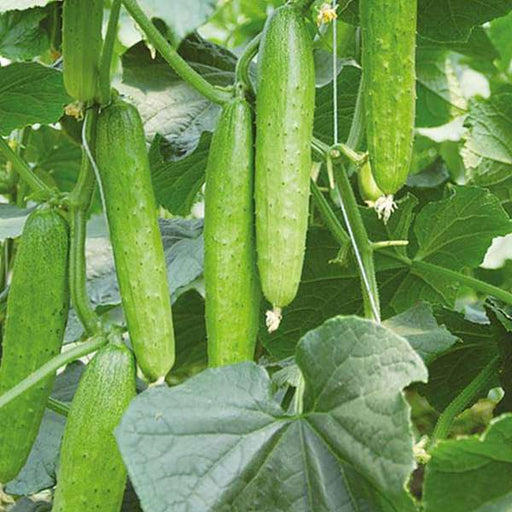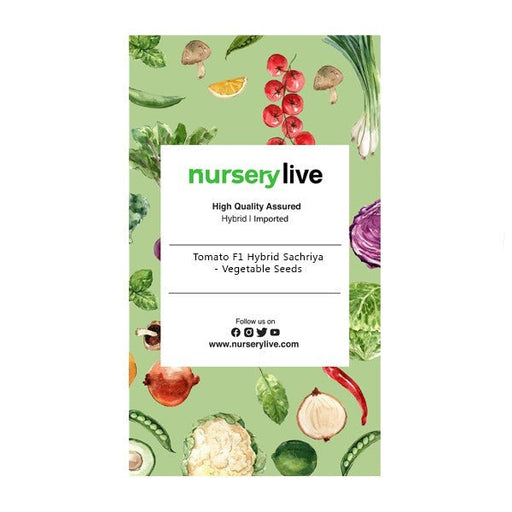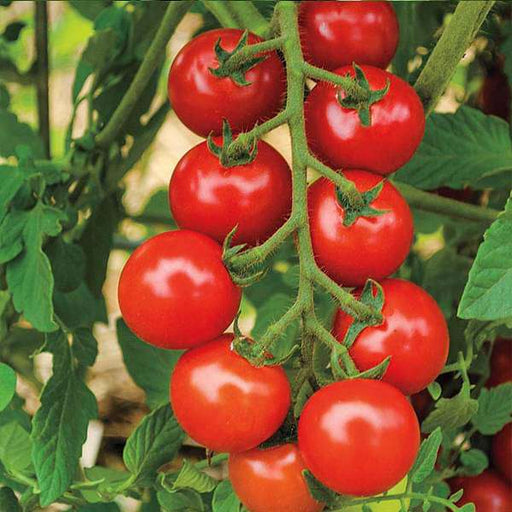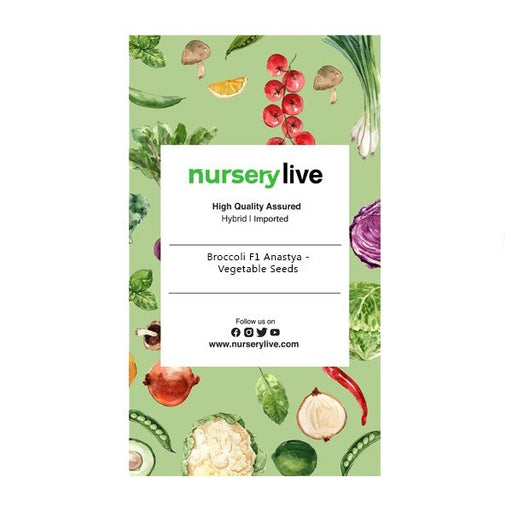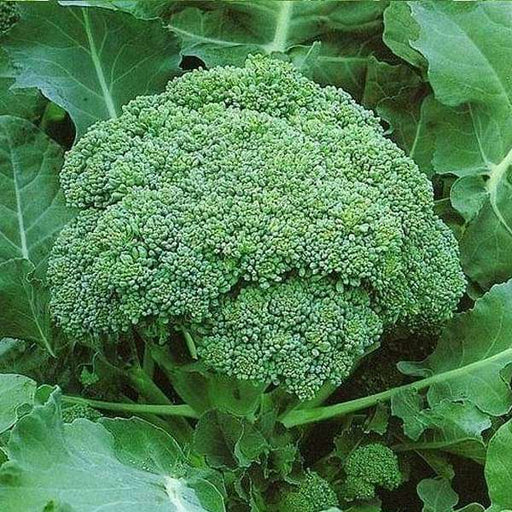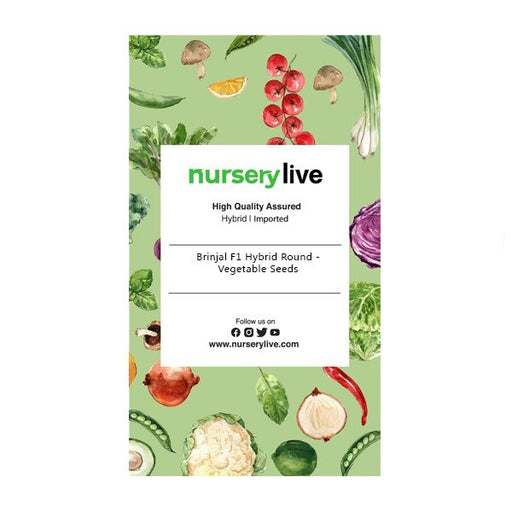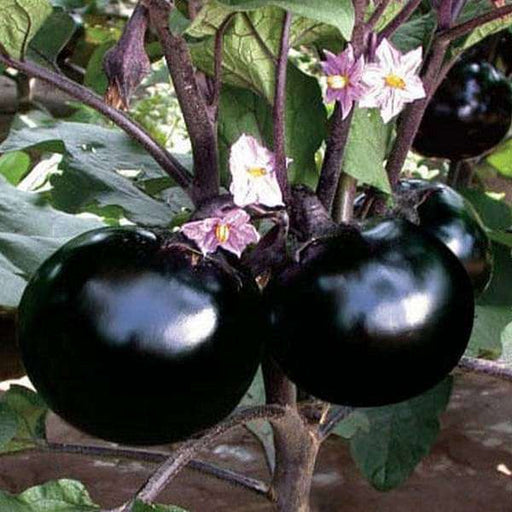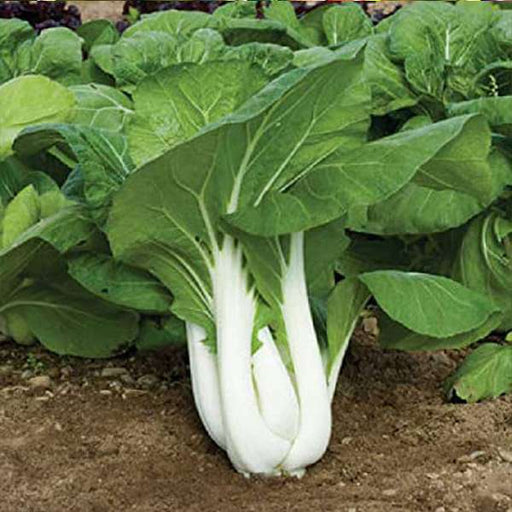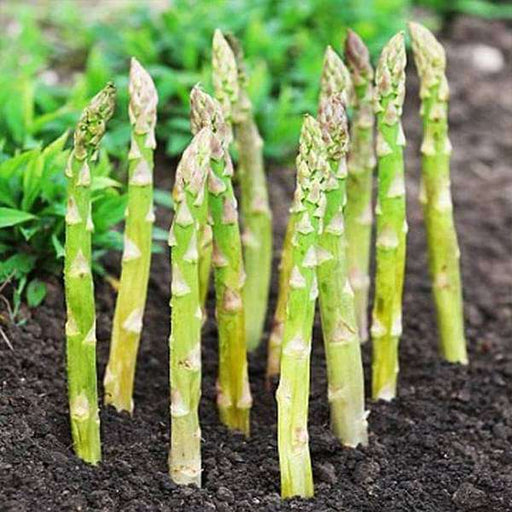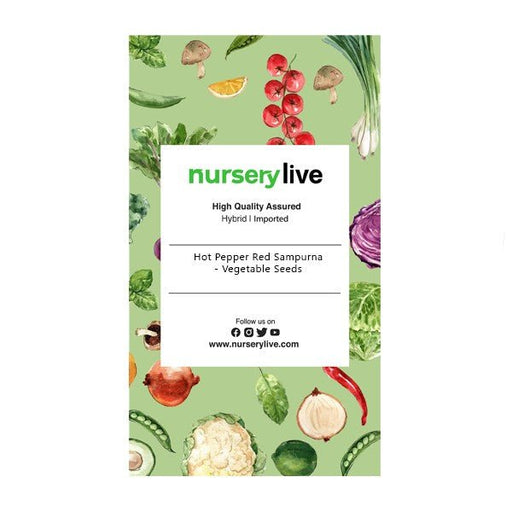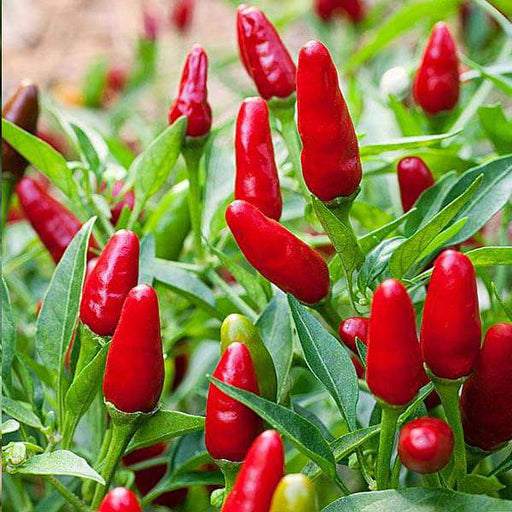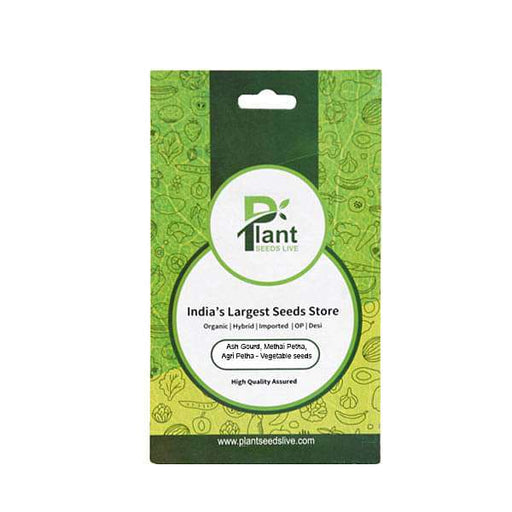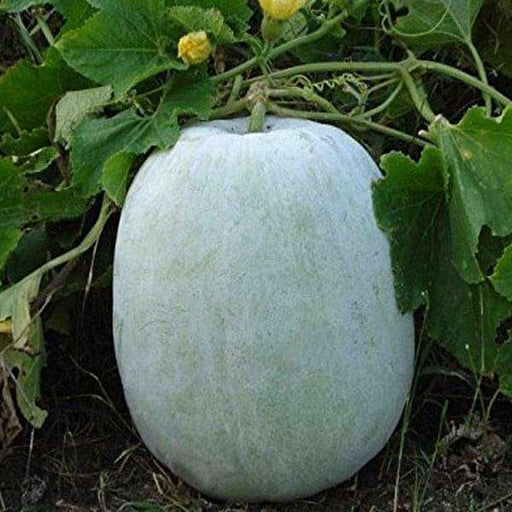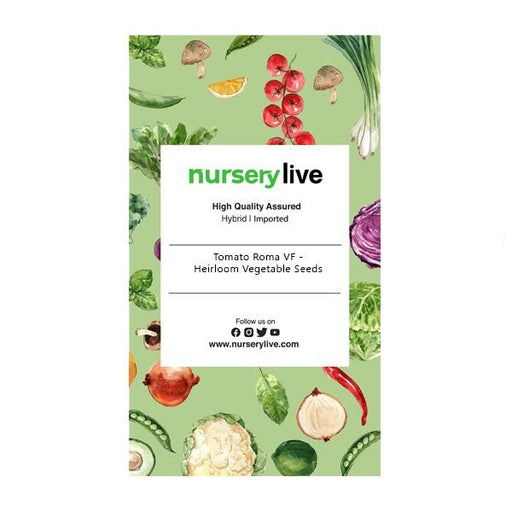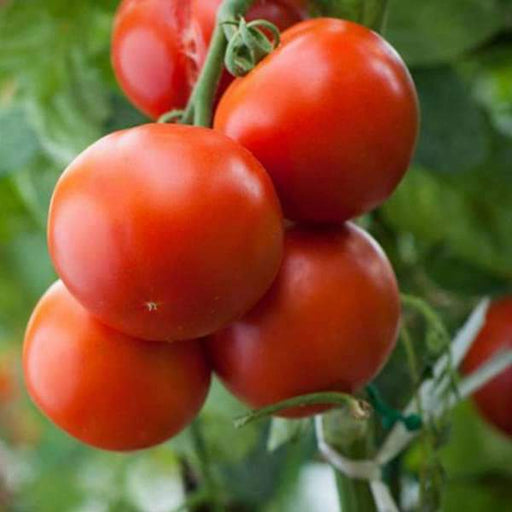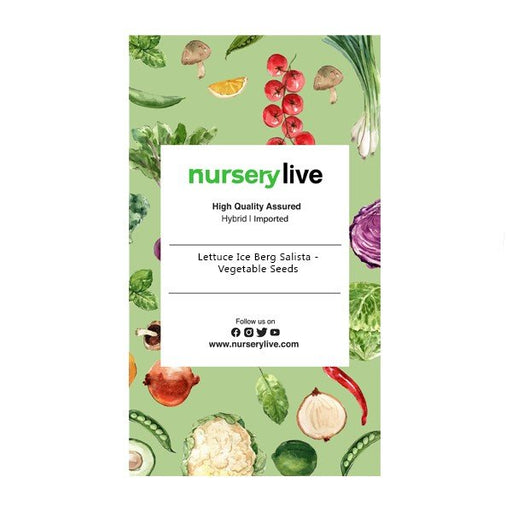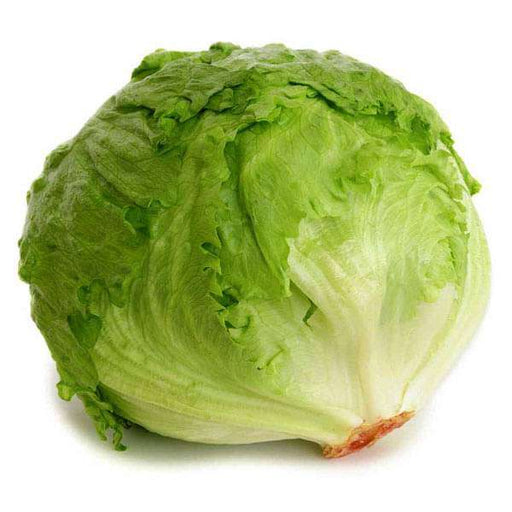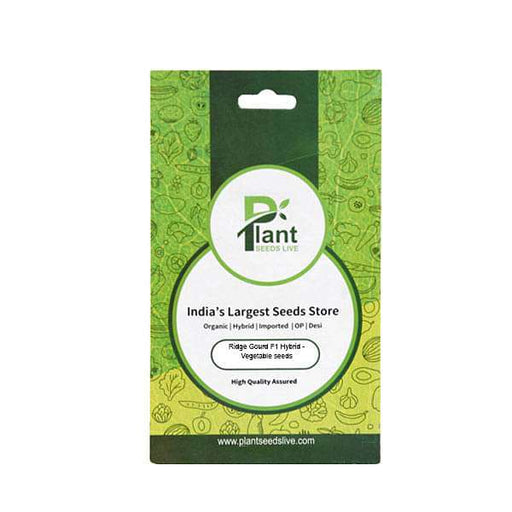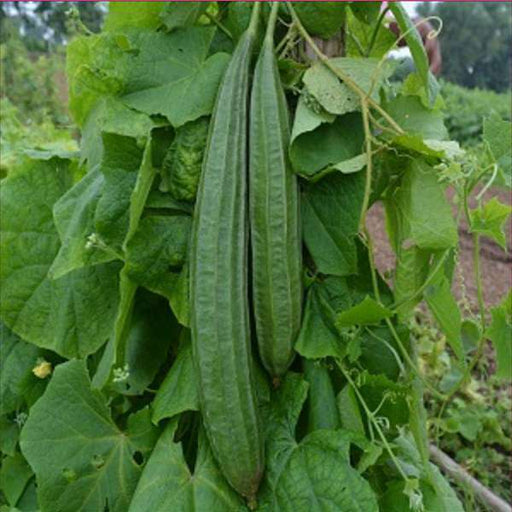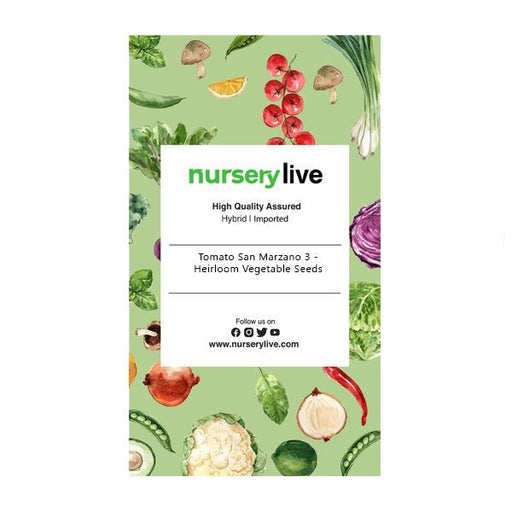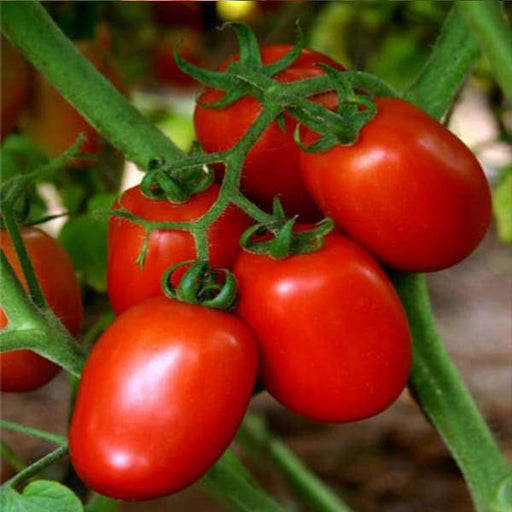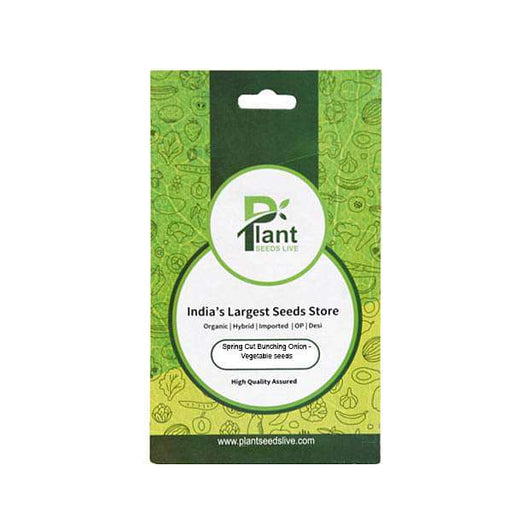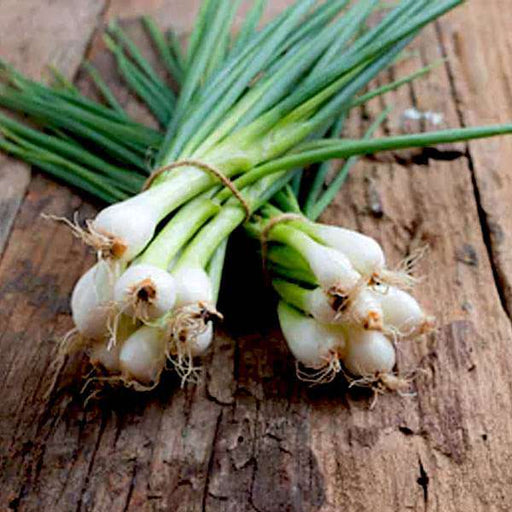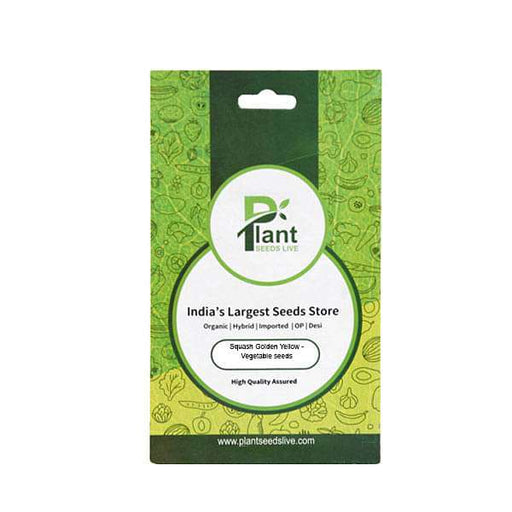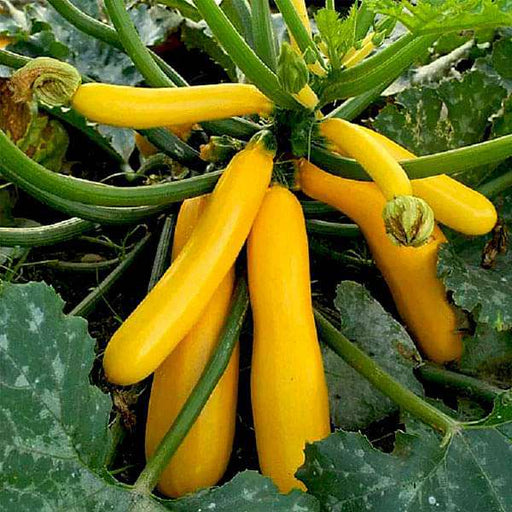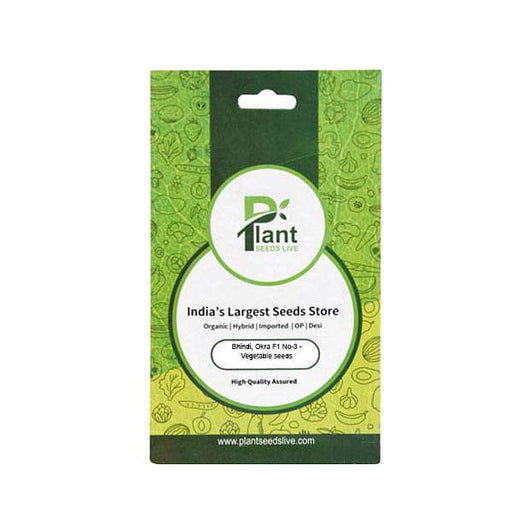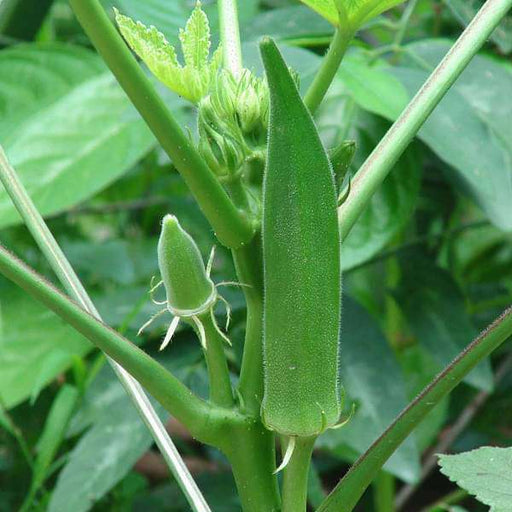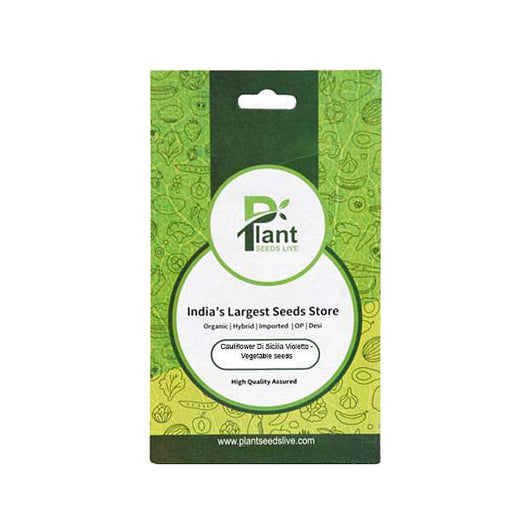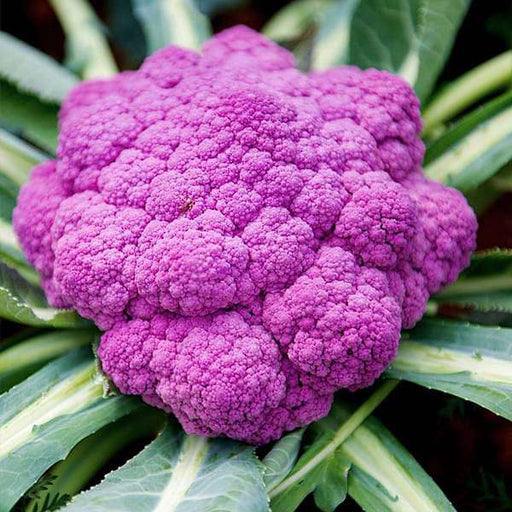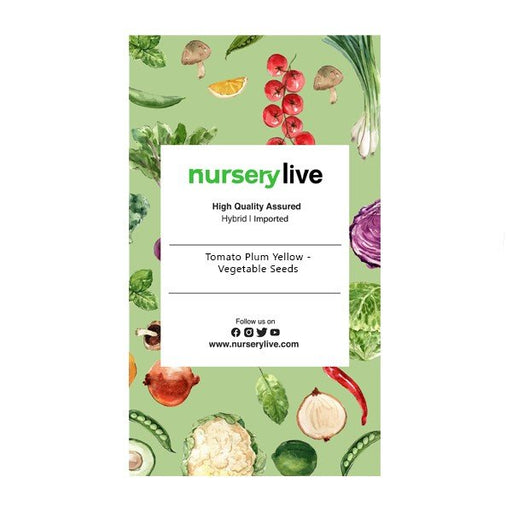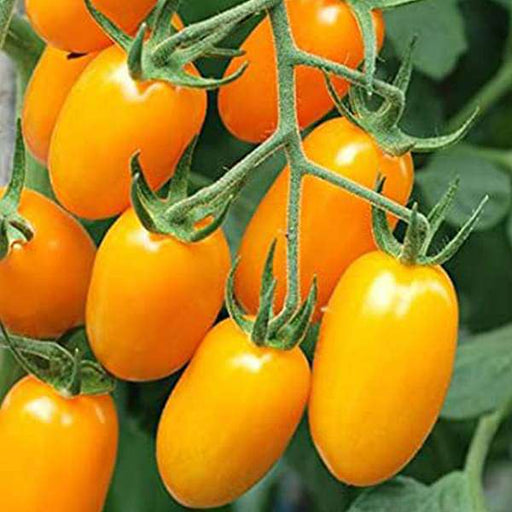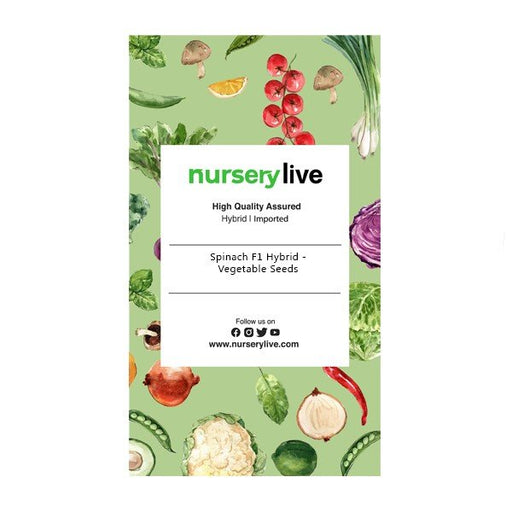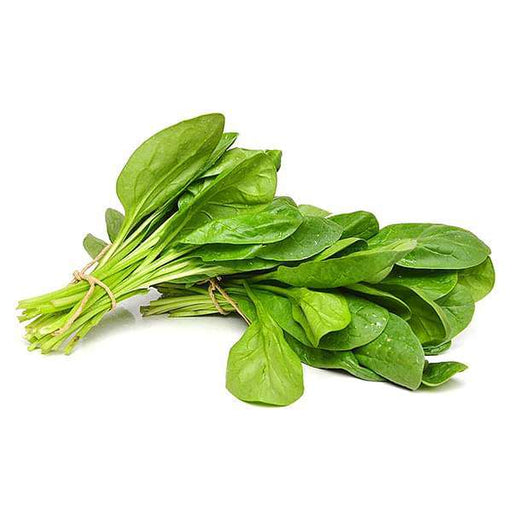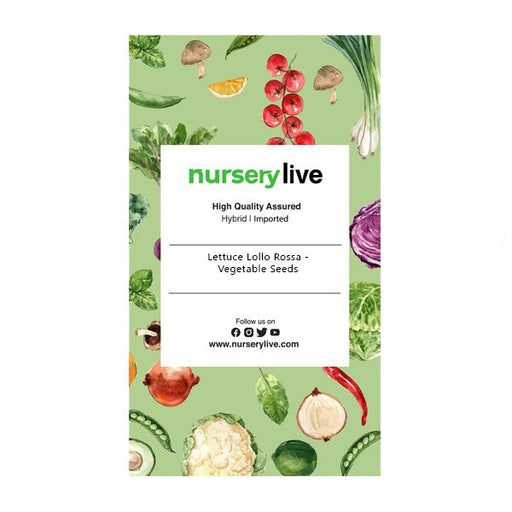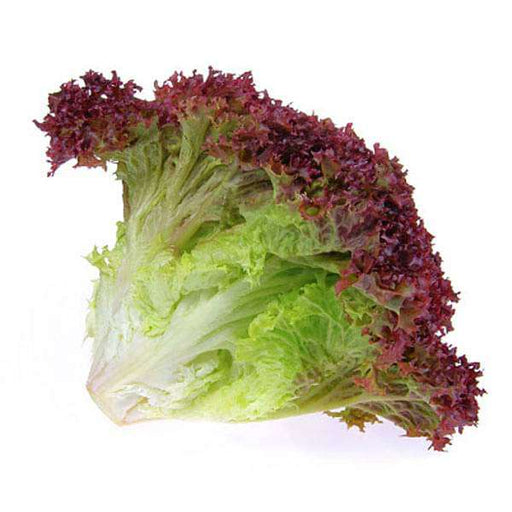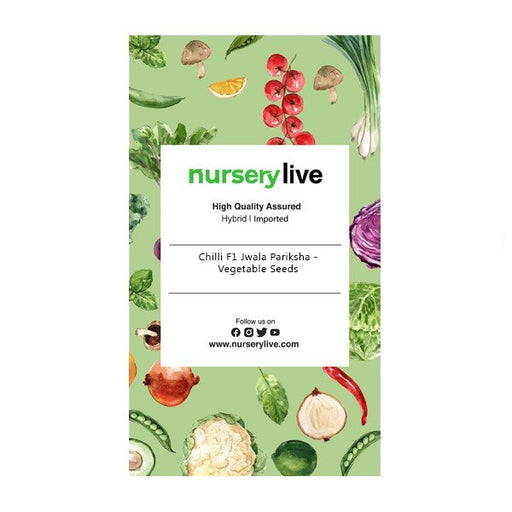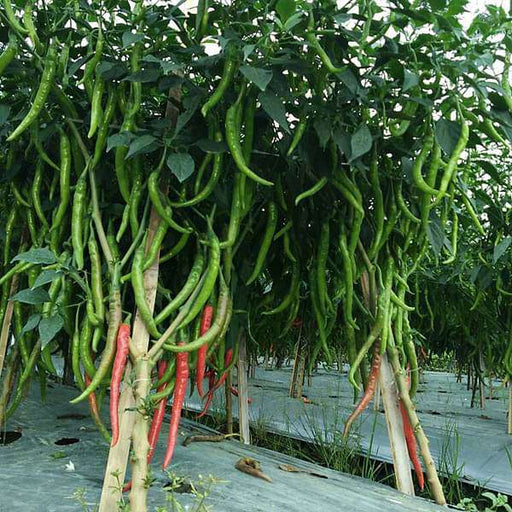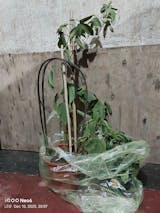Imported Hybrid Vegetable Seeds High-Yielding Varieties
Imported hybrid vegetable seeds are known for their high yield potential, giving you more vegetables per plant than you would with traditional seeds. These seeds are engineered to produce stronger, more productive crops, meaning you can fill your basket with fresh produce all season long.
Imported Hybrid Vegetable Seeds Disease Resistance
Hybrid seeds come with built-in resistance to a variety of pests and diseases, ensuring your garden stays healthy throughout the growing season. These seeds are like the bodyguards of your vegetable garden, protecting your plants from diseases that can otherwise reduce your harvest.
Imported Hybrid Vegetable Seeds Faster Growing Time
Hybrid vegetable seeds are designed for speed! They often require less time to grow to maturity compared to their non-hybrid counterparts.
Imported Hybrid Vegetable Seeds Space-Efficient
For gardeners with limited space, imported hybrid vegetable seeds are a game-changer. These varieties tend to be more compact, allowing you to grow more produce in a smaller area. Whether you have a tiny balcony or a small garden plot, these seeds help maximize your gardening real estate.
Imported Hybrid Vegetable Seeds Improved Taste and Texture
If flavor and texture are what you crave, hybrid vegetable seeds often deliver superior taste. Through selective breeding, these seeds are bred for enhanced flavor profiles and better texture. Get ready for vegetables that taste like they’ve been picked fresh from the farm—and not just any farm, but a top-notch, high-quality one.
Imported Hybrid Vegetable Seeds Easy Maintenance
Hybrid vegetable seeds are often designed to be easier to grow and maintain. With characteristics like drought tolerance and pest resistance, these seeds take the stress out of gardening. You don’t need a green thumb to grow a lush, thriving garden when you’ve got these easy-to-care-for hybrids.
Imported Hybrid Vegetable Seeds Better Crop Consistency
One of the biggest perks of imported hybrid vegetable seeds is their ability to deliver more consistent results. Whether it’s the size, color, or yield, you can expect uniformity from hybrid varieties. Say goodbye to the unpredictable harvests and hello to a steady supply of high-quality vegetables.
Imported Hybrid Vegetable Seeds Enhanced Nutritional Value
Hybrid vegetables aren’t just more resilient and productive—they can also be packed with more nutrients! Some hybrid seeds are engineered to contain higher levels of vitamins, minerals, and antioxidants.
Imported Hybrid Vegetable Seeds Weather Tolerance
When the weather gets tough, hybrid vegetable seeds get tougher. These seeds are often bred to withstand extreme conditions such as drought, excessive rain, or high heat. So if you're worried about unpredictable weather messing with your garden, hybrid seeds are the way to go for a reliable harvest.
Imported Hybrid Vegetable Seeds Unique Varieties
Imported hybrid vegetable seeds offer access to unique varieties that you may not find locally. From rare tomatoes to exotic peppers and gourds, these seeds let you grow vegetables you’ve always dreamed of cultivating.
Imported Hybrid Vegetable Seeds Pest Resistance
Pests love vegetables, but with hybrid vegetable seeds, you get an extra layer of protection. Many hybrid varieties are bred to be resistant to pests like aphids, beetles, and caterpillars. With these seeds, you can grow your veggies without worrying about unwanted guests munching on your harvest.
Imported Hybrid Vegetable Seeds All-Season Growing
Hybrid vegetable seeds can allow you to grow certain crops throughout different seasons. Some hybrids are bred specifically for extended harvest times, giving you more flexibility in when you can plant and enjoy fresh vegetables.

